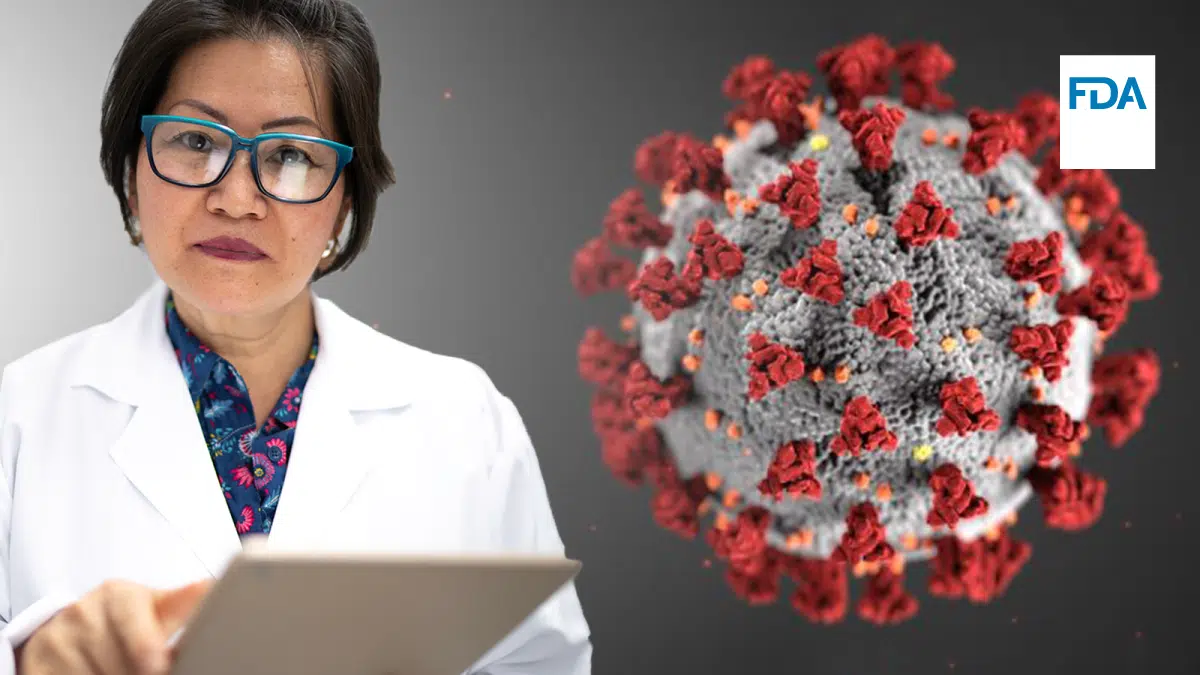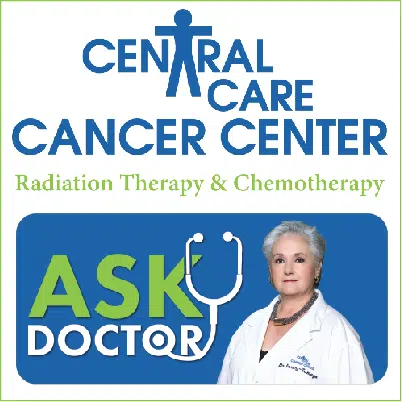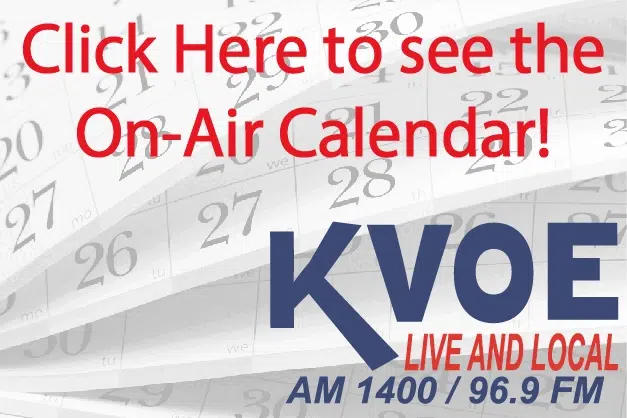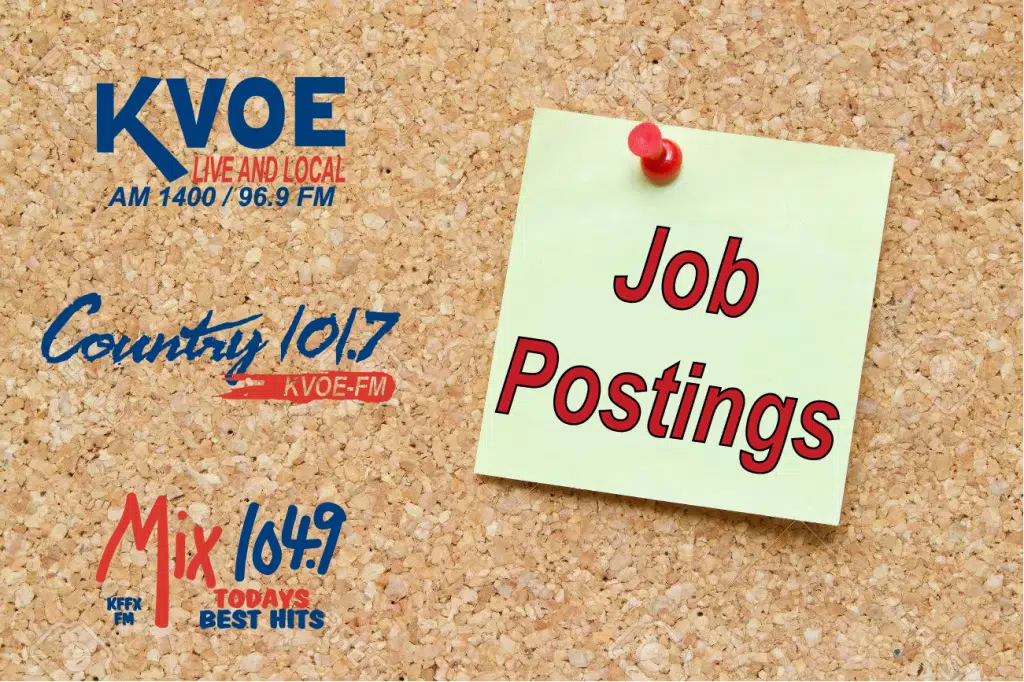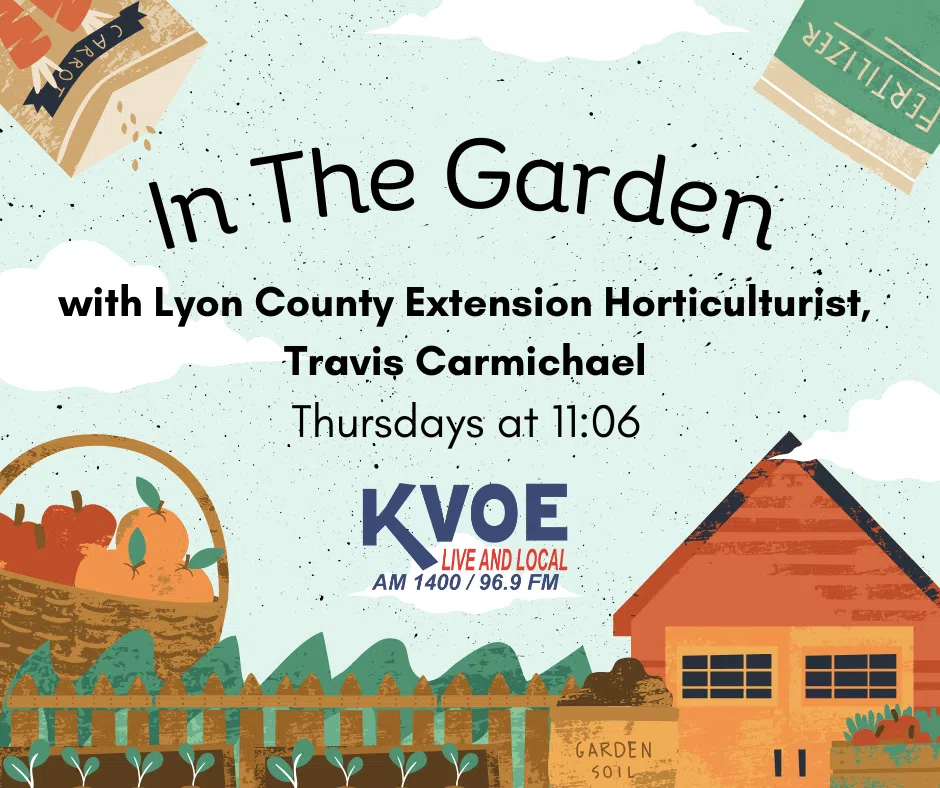Immunocompromised residents can receive an additional dose of COVID-19 vaccine after a recent announcement by the Kansas Department of Health and Environment.
KDHE says this involves the Pfizer and Moderna options and follows an expansion of the emergency use authorization for both drugs through the Food and Drug Administration. This currently does not include the Johnson & Johnson vaccine because there is not enough data to determine whether a second dose will help immunocompromised people ward off the virus.
Health Secretary Dr. Lee Norman says vaccines aren’t as effective in immunocompromised people as they are for people who don’t have those health issues. Norman says the immunocompromised now make up close to half the hospitalized breakthrough cases in the United States, so another dose may help.
Regardless of whether they receive that additional dose, KDHE urges people who may be immunocompromised to wear masks, use social distancing protocols, avoid crowds and stay away from poorly-ventilated indoor spaces.
The additional dose is recommended for people whose health is either moderately or severely compromised because of treatments or medical conditions, including:
*Active treatment for solid tumor and hematologic malignancies
*Receipt of solid-organ transplant and taking immunosuppressive therapy
*Receipt of CAR-T-Cell or hematopoietic stem cell transplant
*Moderate or severe primary immunodeficiency
*Advanced or untreated HIV infection
*Active treatments with high-dose corticosteroids, alkylating agents, antimetabolites, transplant-related immunosuppressive drugs, cancer chemotherapeutic agents classified as severely immunosuppressive, TNF blockers and other biologic agents that are immunosuppressive or immunomodulatory
The FDA says people can receive a third dose of the Pfizer or Moderna drug within 28 days of their second dose if they have had a solid organ transplantation or have an equivalent level of compromised immune system.





